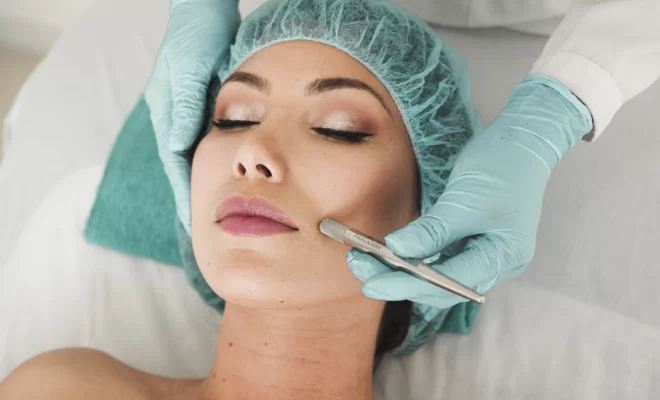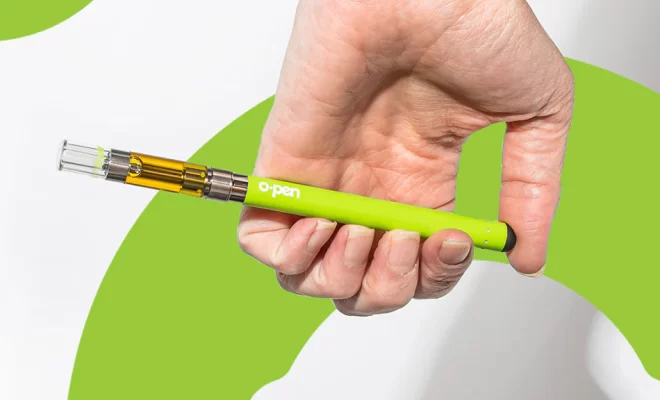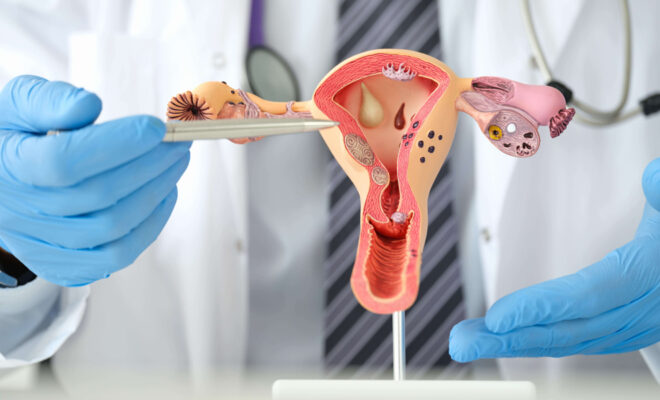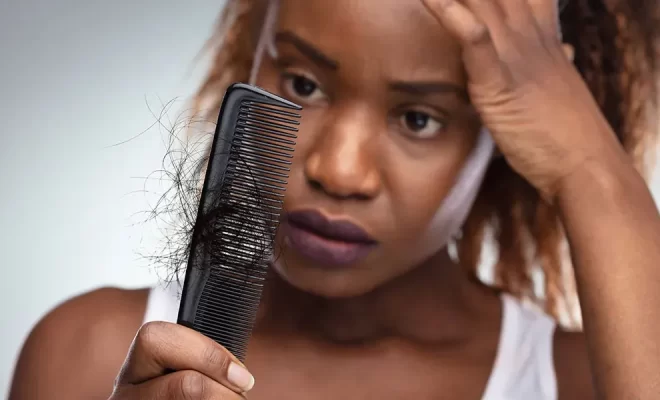Replacement of Dental Crowns and When to Do So
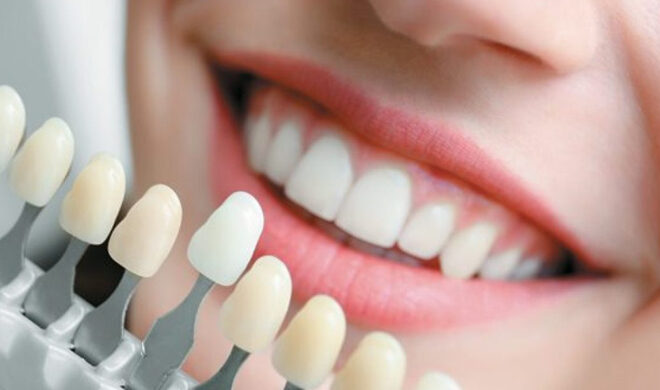
If you have a tooth that is damaged in any way (broken, cracked, worn, discolored, etc.), a dental crown is the perfect, aesthetically pleasing treatment. The cosmetic treatment comprises a prefabricated cap that goes above your existing tooth. You can use a crown to cover a tooth with a root canal or an implant to keep a dental bridge in place.
The question is, when will you need to get your dental crown changed, given that they all have a fixed lifespan? A family dentist in Richmond, IN, can help you understand better.
How do dentists create and insert crowns?
We talk about how dental crowns can hide a variety of dental issues. Generally, doctors prefer ceramic crowns because of their durability and lifelike appearance. Individuals with metal allergy issues will not have any reactions to ceramic crowns.
Better even, since a crown is fitted precisely to your teeth, your dentist can often make and fit your crown in a single visit – a significant benefit when you are busy. Your doctor will insert a temporary crown if more appointments are necessary.
If you decide to have a crown to fix any of the difficulties, as already mentioned, your doctor will first take X-rays to ensure no decay develops in the tooth that needs to be covered.
If everything checks out, your doctor will numb the tooth and gums around it with a local anesthetic before filing the tooth down slightly to make room for the crown. Instead of removing decayed or missing tooth structure before placing a crown, he will fill the area to increase the tooth’s volume and ensure it can support the crown.
The next stage is making an impression of the prepared tooth and the teeth adjacent to it, which will serve as support for the crown. Your crown will be crafted from these molds.
Your doctor will take great care to ensure a proper fit of your crown throughout the placement process.
How can I know when to get a new dental crown?
Fortunately, there are indicators you can keep an eye out for and a timeline you can keep in mind to determine when it is time to get a new dental crown:
- If your crown is more than 15 years old
- Crown wear and damage (which might cause deterioration) should be addressed immediately.
- If your crown feels unfastened,
- When you suddenly notice a foul odor or taste in your mouth,
- If a jagged corner starts to bother your tongue or cheek,
- Your doctor may diagnose receding gums or a shifting gumline
If you practice good oral hygiene, including twice-daily brushing, flossing, and using an antimicrobial mouthwash, your crown should endure for many years beyond the typical lifespan of a natural tooth.

